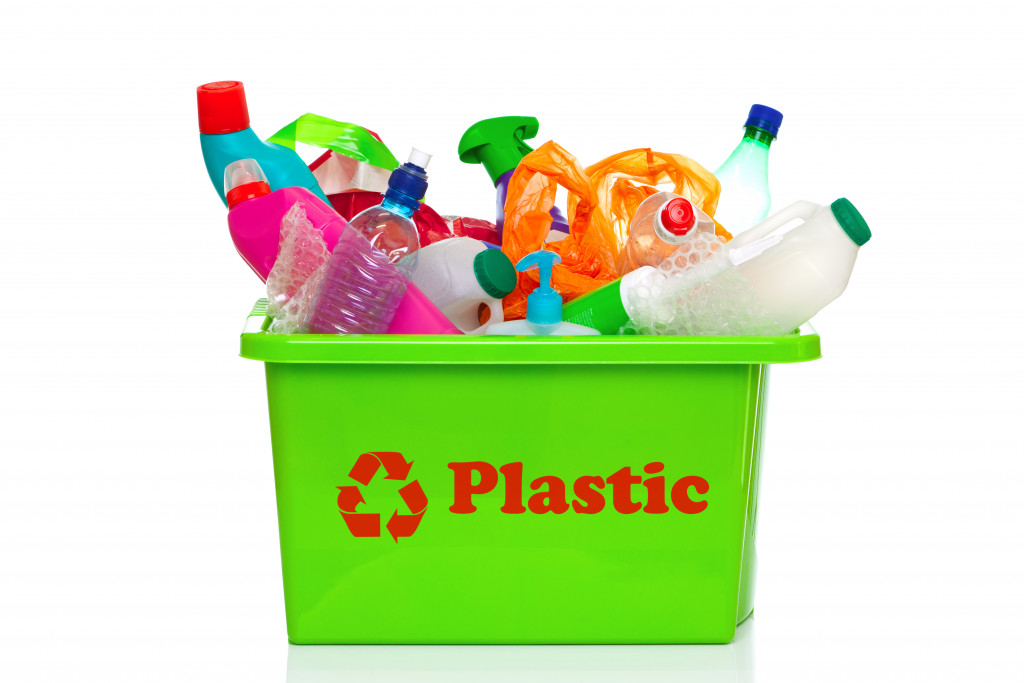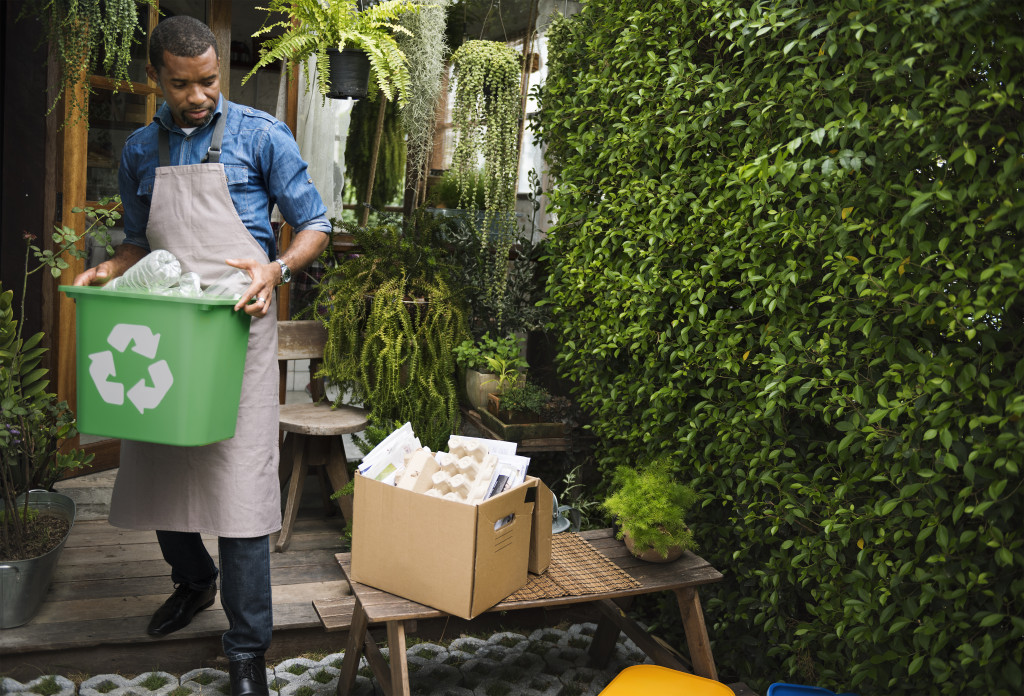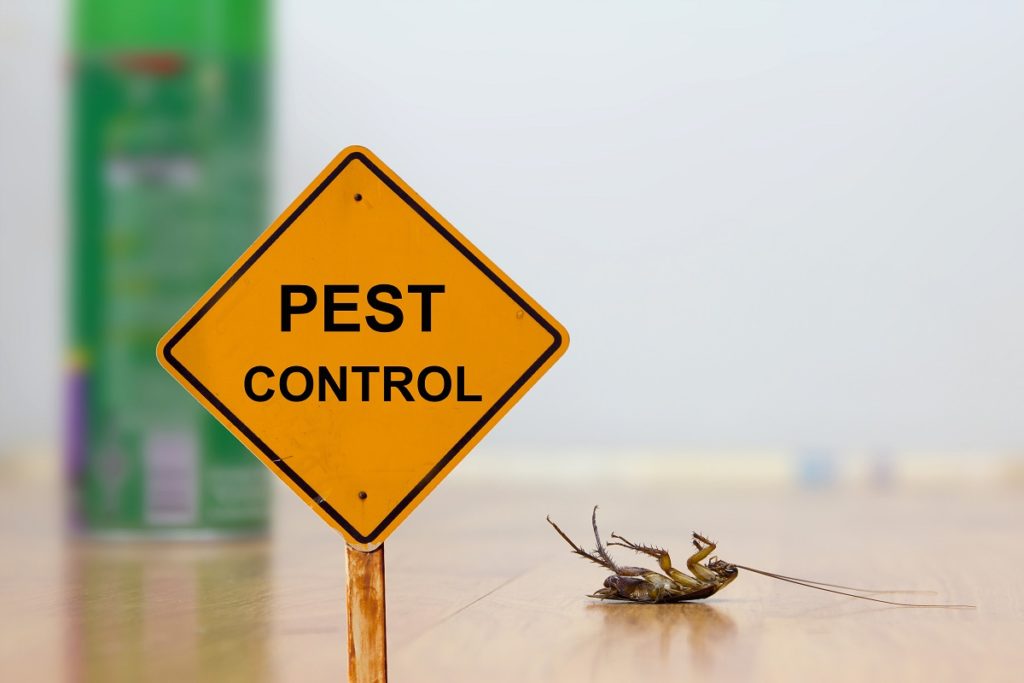Reuse, reduce, recycle — it’s a mantra we’ve all heard since we were kids. And for a good reason, recycling is crucial for protecting our environment. But recycling is not always easy, especially when certain materials are difficult to sort or process.
The United States’ recycling was dependent on China for so many years. In the country, recycling has never been an easy or efficient process because of a lack of infrastructure. This means that when markets disappear there is no economical way for it to happen so rates decline accordingly.
For 267.8 million tons of municipal solid waste generated by Americans in 2017, only 94.2 million tons of waste were recycled or composted, according to the EPA. Imagine the significant waste increase now that we’re in 2020 with the pandemic.
Importance of recycling
Recycling is essential for several reasons, but one of the most important is its impact on the economy. It creates jobs and supports businesses while reducing our dependence on fossil fuels and other natural resources.
It also reduces our dependence on natural resources like forests, oil, and minerals. For example, recycling paper can save trees, and recycling aluminum cans saves energy and reduces greenhouse gas emissions.
According to the Environmental Protection Agency, recycling paper can help power an average American home for half a year. 7,000 gallons of water will be saved. 3.3 cubic yards of landfill space will be conserved. One metric ton of carbon equivalent (MTCE) greenhouse gas emissions will be reduced.
Imagine if we do all kinds of recycling like plastic, glass, and aluminum. We could make a huge impact!
Ground-Breaking Methods for Sorting and Processing Recyclable Materials
For years, people have sorted their recyclables into different bins. Usually one for glass, one for aluminum cans, and one for plastic. But this process is inefficient and often contaminates, rendering entire loads of recyclables unusable.
Now, however, there are new technologies that can automatically sort recyclables using sensors and robotics.
-
Robots and Sensors
Robots can quickly and accurately sort recyclables using sensors to identify different materials. This helps to reduce contamination and makes it easier to recycle materials properly.
Sensors can also detect defects in recyclables, which helps improve the quality of recycled materials. Infrared sensors are particularly well-suited for this task because they can identify different materials based on their heat signature.

Reuse and Recycle Plastic
Plastic is one of the most challenging materials to recycle. Still, new technologies are making it easier to recycle plastic waste.
-
Chemical recycling
It breaks down plastic into its chemical building blocks. These building blocks can then be used to create new plastics.
According to the Consumer Goods Forum Plastic Waste Coalition, chemical recycling may boost packaging recycling rates while helping to meet recycling goals.
One of those who try to achieve such goals is Nestlé UK and Ireland. They have teamed up with Plastic Energy, a major chemical waste management firm, to examine the potential of creating a recycling plant in the United Kingdom.
Ways to Recycle Food Waste
Food waste is one of the most challenging things to recycle. Still, new technologies are making it easier to recycle this type of waste.
-
Anaerobic digestion
Anaerobic digestion is a process that breaks down organic matter in the absence of oxygen. This process can be used to recycle food waste into biogas and fertilizer. According to the EPA, anaerobic digestion reduces methane emissions by about 70 percent.
-
Microorganisms
Microorganisms can also be used to recycle food waste.
These organisms break down food waste and convert it into water, carbon dioxide, and other compounds. This process is called composting, a great way to reduce food waste and create a valuable fertilizer for plants.
There are lots of recycling services that don’t only focus on gaining profit but on making the community involved in solving global waste. GF Commodities is one of those companies that specialize in recycling used cooking oils (UCOs). As food waste continues to be a big problem, it is essential to know that businesses and technologies are already working on the issue.
Other Recycling Technologies
-
Brick recycling
Breaking down used bricks into parts is a necessary process that helps reduce waste production and the cost of manufacturing new ones. However, since these recycled pieces may not always be as vital, it’s typically more suitable for pavement or flooring applications where durability isn’t crucial.
-
Paint recycling
Water-based paints can be recycled and reused multiple times. The recycling process begins by removing the paint from its container.
The paint is then strained to remove any impurities, such as nails or other debris. Once the color has been pressed, it is run through a device that removes the water from the pigment. It will leave only the paint behind.
Saving the environment starts with minor changes, and recycling is one of the best ways to make a difference. These advanced technologies make recycling easy no matter what type of materials are involved in the waste stream. With these technologies, there is no excuse not to start recycling now.



